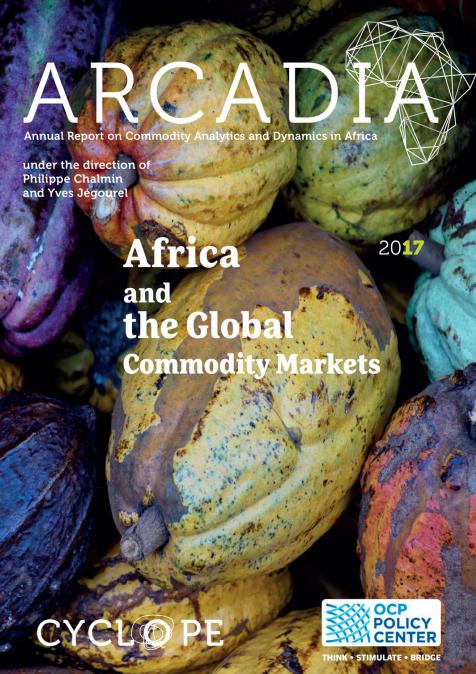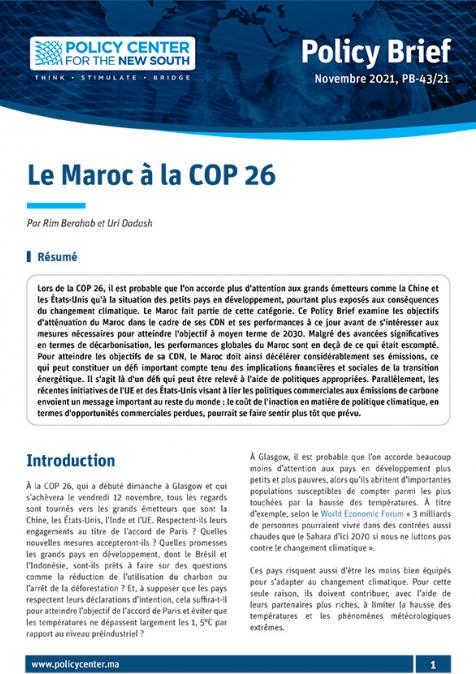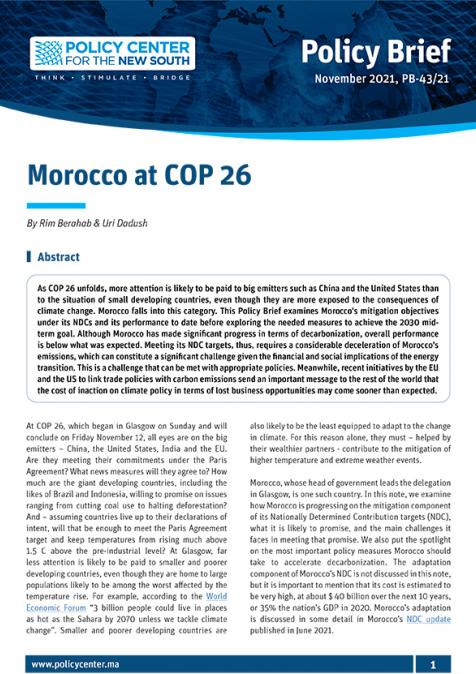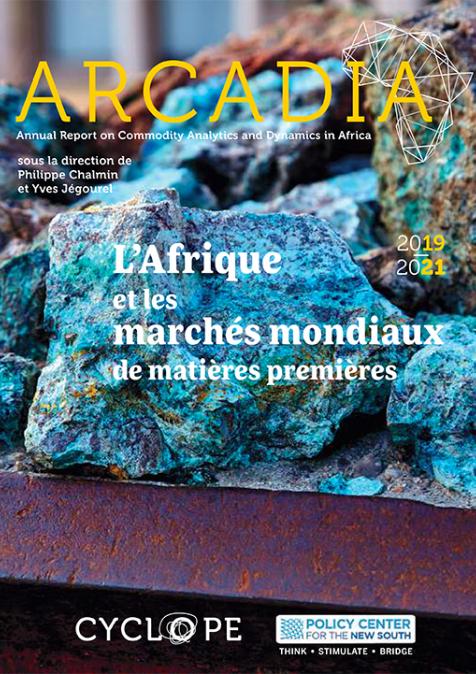Publications /
Annual Report
Book / Report
In 2016, the countenance of Africa emerged slightly reassured. While global growth has remained fairly dull, with sluggish international trade and economic packages on the continent continuing to fail, the rebound of prices for many commodities along with a sustained investment dynamics have somewhat dispersed the threatening clouds that had obscured its economic horizon in 2015. A slight improvement therefore, but which should not make us forget that the macroeconomic performance of Africa has been disappointing and that the heterogeneity of the continent remains so, both in terms of the economic performance of the countries it comprises and the conjuncture of the various commodities markets (agricultural, mineral, energy) to which it is exposed. 2016 has also been marked by major political and geopolitical events whose consequences cannot be neglected. Africa and the Global Commodity Markets is a means of grasping the reality of the cocoa and coffee markets, iron ore, oil, gas, copper and phosphates in the same light, while keenly observing the structural changes of the continent. It means being able to appreciate the economic development of many African countries without forgetting the importance of the economic, logistic or human challenges that the continent as a whole still has to face. It also means being able to multiply and cross-reference analyses, whether they are economic, legal, financial, or geopolitical: the very approach that the Arcadia report is trying to develop.
The Annual Report on Commodity Analytics and Dynamics in Africa (ARCADIA) is written by about thirty international experts under the supervision of Philippe Chalmin, Professor at Paris Dauphine University (France) and Yves Jégourel, Associate Professor at the University Bordeaux (France) and Senior Fellow at the OCP Policy Center (Morocco). The ARCADIA report is the product of a collaboration between CyclOpe and the OCP Policy Center.







